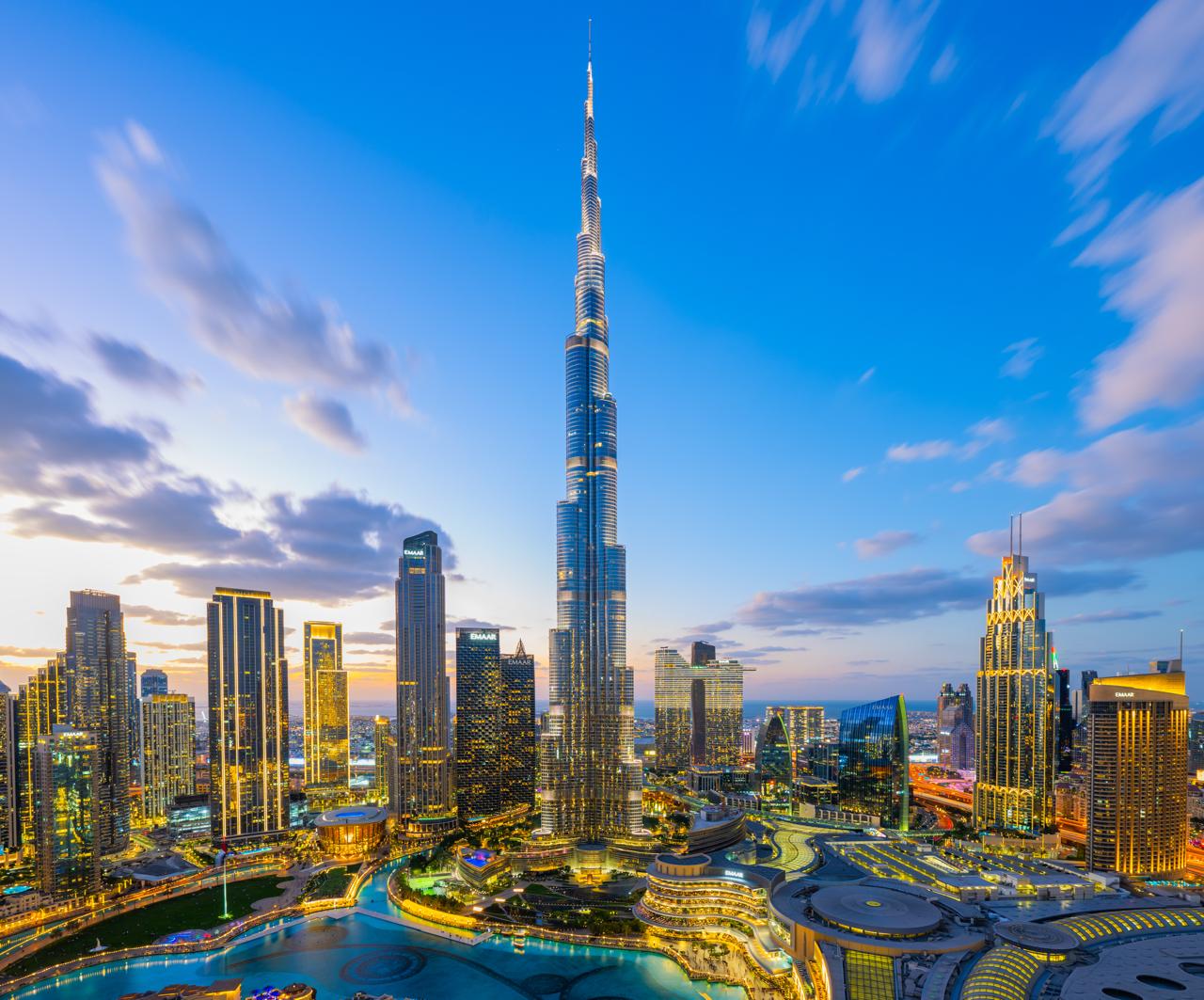Emaar to Pay Full Dividend on Share Capital in 2024

The decision was confirmed during Emaar’s recent financial board meeting, where the company revealed its intention to return 100% of its share capital to shareholders, ensuring that the full value of outstanding shares would be redistributed as dividends. This unprecedented payout comes as part of a broader strategy to enhance shareholder value and boost investor confidence, particularly in light of fluctuating market conditions that have placed pressure on property stocks across the Middle East.
Analysts are closely watching the move, with some suggesting that Emaar’s decision could set a new precedent for other companies in the region. Typically, dividends are linked to a company’s profitability, but the current strategy reflects a more aggressive approach to capital distribution. Emaar’s management has cited strong liquidity and a robust financial position as reasons for the decision. This payout will be seen as an opportunity to reward long-term investors and improve the company’s market positioning, especially as the UAE’s property market continues to experience fluctuations driven by external economic factors and regional dynamics.
Emaar’s dividend strategy is also seen as a response to increasing competition in the real estate sector. The UAE, in particular, has witnessed growing competition from other developers who have adopted aggressive pricing strategies and expanded their portfolios to meet rising demand for both residential and commercial properties. With this payout, Emaar aims to retain its loyal investor base and signal its continued dominance in the market.
For shareholders, the impact is immediate. The 100% payout will result in a direct and substantial financial return, which is likely to attract both institutional and individual investors looking for stable, high-yield options in an otherwise volatile market. The move also reflects the company’s belief in the long-term growth prospects of the region's real estate sector. While many companies have opted for cautious capital management in recent years, especially during periods of economic uncertainty, Emaar’s approach contrasts sharply with these trends, offering a bold statement on the company’s confidence in its future prospects.
The full distribution of share capital is expected to be implemented during the second quarter of 2024, with the payout process beginning shortly after the announcement. Shareholders will receive the dividend in proportion to the number of shares they hold. For Emaar, this marks a turning point in its strategy, as it opts to prioritize short-term investor satisfaction over long-term capital retention. Financial observers will be keenly analyzing the company’s quarterly performance to understand how this decision will impact its overall financial health in the long run.
Real estate developers across the Gulf Cooperation Council (GCC) are also likely to take note of Emaar’s decision, as it could trigger a shift in dividend policies within the region. Many companies have typically favored retaining earnings for reinvestment, rather than paying them out in dividends. However, with pressure mounting for companies to increase returns to shareholders, particularly in industries like real estate that often see large cash flows from project sales, more developers may follow Emaar's lead.
Market observers suggest that the dividend strategy could help mitigate some of the challenges faced by the real estate sector in the UAE. The market has seen various headwinds over the last few years, such as fluctuations in oil prices, changing interest rates, and a slower-than-expected rebound in some property sub-markets. Emaar’s approach, which favors shareholder benefits, may soften some of these pressures and provide a temporary cushion to investor sentiment, especially if the company continues to show solid financial results.
This shift in Emaar’s dividend policy also underscores a broader trend across the UAE, where companies are increasingly looking at shareholder-centric approaches. With market competition intensifying and investor expectations rising, corporate governance is evolving to focus more on ensuring long-term shareholder value. Dividends have traditionally been a key tool for rewarding investors, and by opting for a full distribution, Emaar sets a new bar for returns in the region.
For the UAE’s capital markets, this move signals a shift towards a more dynamic and responsive corporate environment. It demonstrates that companies are willing to adopt unconventional methods to maintain investor confidence. For many businesses, adjusting capital strategies in response to shareholder demands is becoming more critical than ever before, especially in an era of economic shifts and fluctuating market conditions.
While the broader economic context in the UAE remains strong, with steady growth projected in sectors like tourism and trade, the real estate market is still navigating challenges related to oversupply and demand imbalances in certain areas. By committing to a full share capital payout, Emaar is signaling its intent to remain agile and adaptable to these evolving market dynamics.

Join the conversation